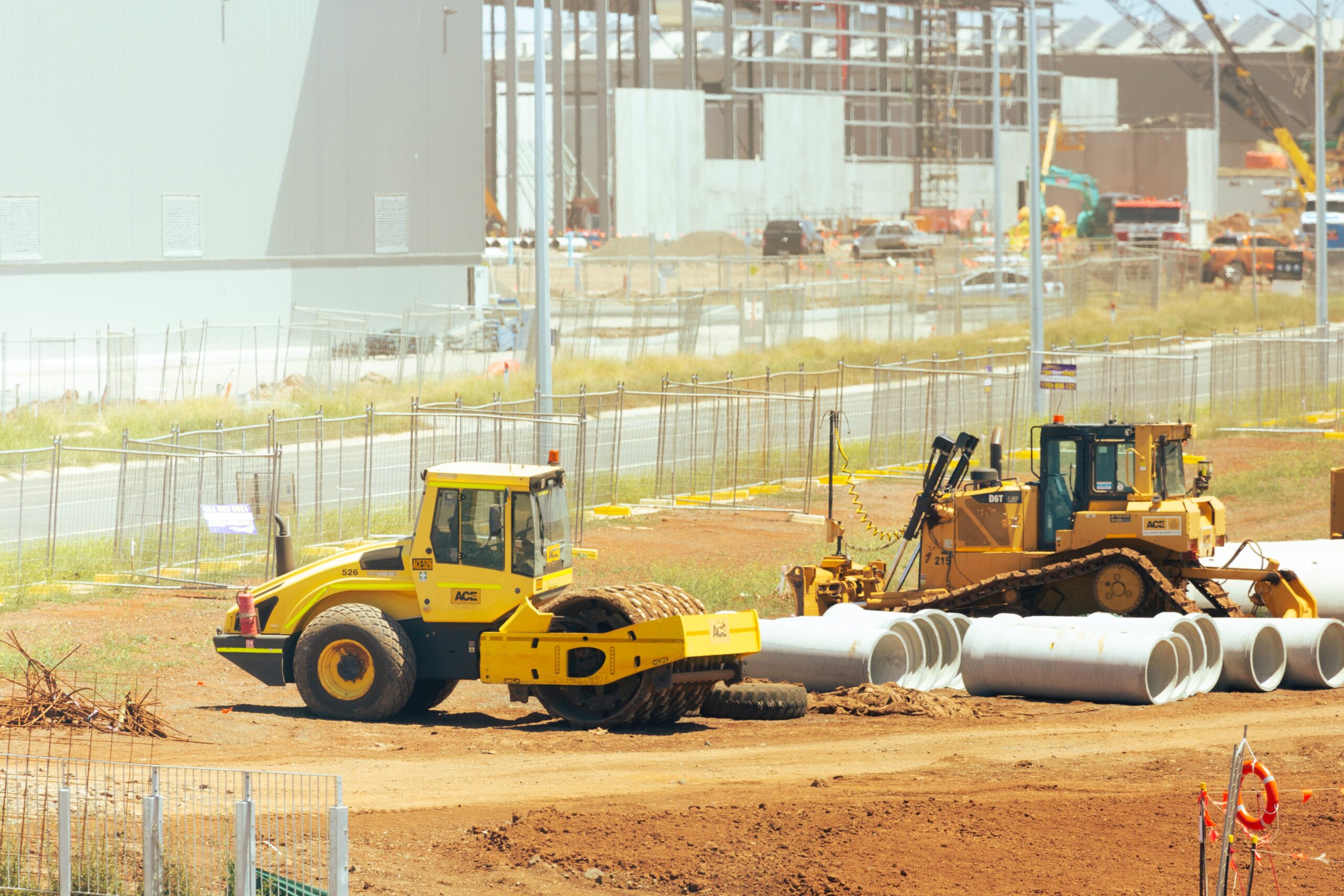In recent times, the accelerated infrastructure development undertaken by President Joko Widodo’s administration has encountered substantial criticism, which is evidenced by the Incremental Capital Output Ratio (ICOR). These infrastructures have been subject to scrutiny for their perceived lack of efficiency in bolstering the economy.
Regarding the abundance of criticism, the Ministry of National Development Planning (Bappenas) refutes the notion that these conditions are a result of planning inaccuracies or the absence of coordination, as exemplified by projects such as the construction of Wiriadinata Airport, Kertajati Airport, and the Palembang LRT system, all of which have observed limited utilization.
Amalia Adininggar Widyasanti, the Deputy for Economic Affairs at Bappenas, expounds on the high ICOR in Indonesia, attributing it not solely to the ongoing infrastructure development but also to the time lag required for these projects to manifest their economic impact.
“In terms of infrastructure development, it is not an immediate guarantee that it will have a direct influence on economic growth as it necessitates time to generate tangible outcomes,” Amalia remarked during an interview at her office in Jakarta, as quoted on Monday (29/5/2023).
Amalia underscores that investments follow a similar trajectory, wherein the realization of investments within the country does not instantaneously manifest in visible structures or find immediate inclusion in the gross fixed capital formation (GFCF). This protracted process entails various stages, including land acquisition and subsequent production.
Therefore, Amalia posits that the infrastructure projects initiated by President Joko Widodo since his initial term in 2014 will yield a significant reduction in ICOR by the year 2045. The ICOR for Indonesia in 2022 reached 8.16%, marking a substantial increase from the 5% recorded in 2014.
“It is essential to recognize that infrastructure investments, despite their magnitude, may not promptly translate into heightened productivity. A time lapse is necessary. Ideally, by 2045, our ICOR should hover around 4%,” Amalia projected.
Nevertheless, she offers a reminder that the government has never specifically set targets for ICOR, as it is not a developmental objective per se but rather an indicator that emerges subsequent to the completion of development and investment endeavors.
“Presently, there is an excessive fixation on ICOR as though it encapsulates the entirety of the situation. That should not be the case. Our primary focus should be on enhancing productivity to ensure sustainable economic growth,” Amalia asserted.
Previously, Senior Economist Faisal Basri shed light on the cost of infrastructure development during President Joko Widodo’s tenure, which was higher compared to the toll roads constructed under previous administrations. Consequently, he deems many projects to be wasteful endeavors.
Faisal further contends that Indonesia’s economy has experienced a leakage of 40% owing to inefficient allocation of resources in infrastructure spending, which amounted to IDR 3,309 trillion during Jokowi’s leadership.
It is important to acknowledge that Jokowi’s infrastructure projects have come under scrutiny for their inefficiency, as reflected in the Incremental Capital Output Ratio (ICOR). The magnitude of the ICOR coefficient serves as an indicator of the economy’s efficiency during a specific period, with higher values implying a relatively less efficient utilization of resources.
